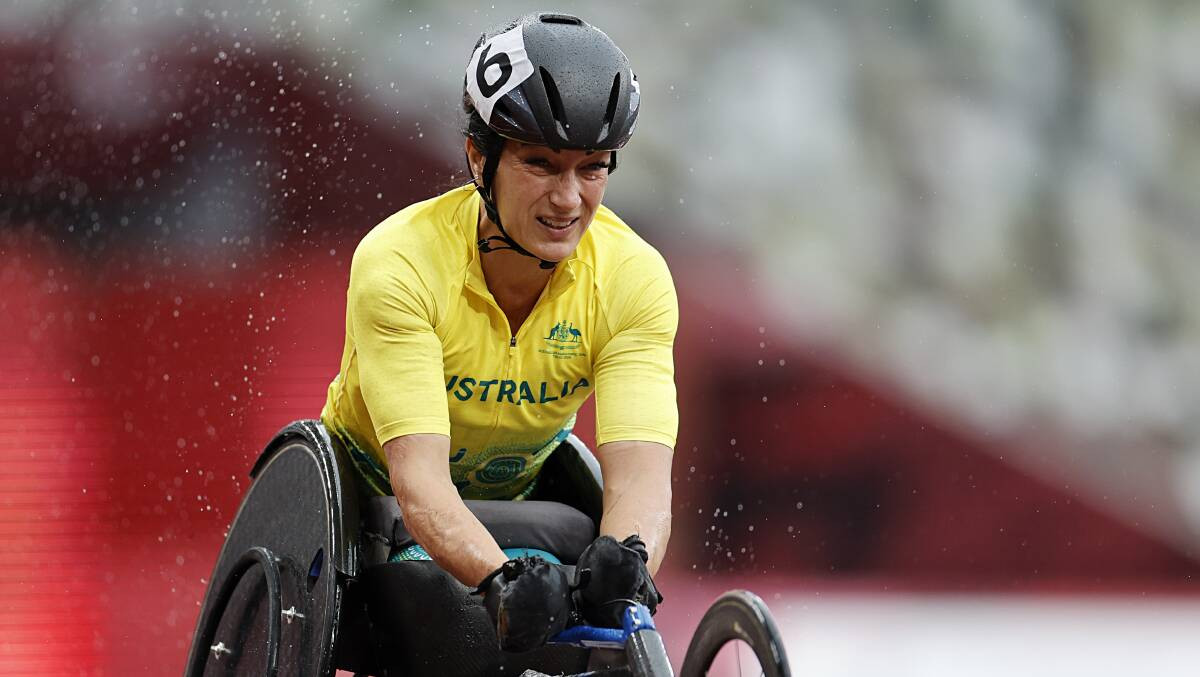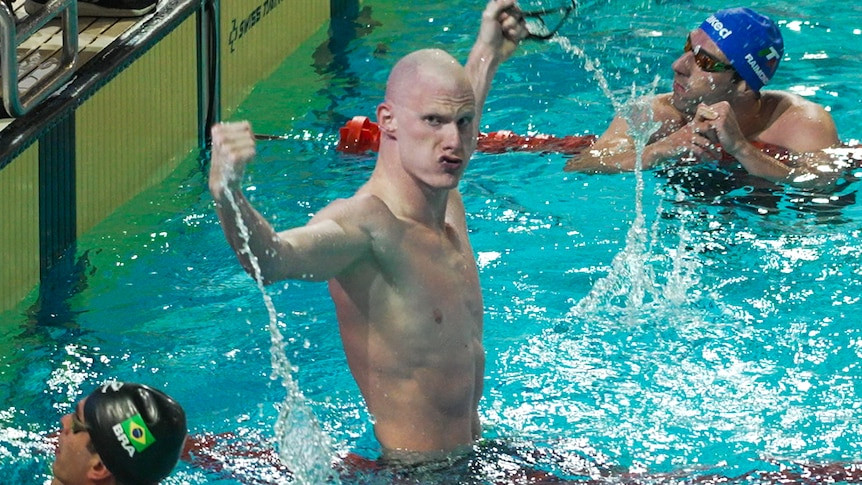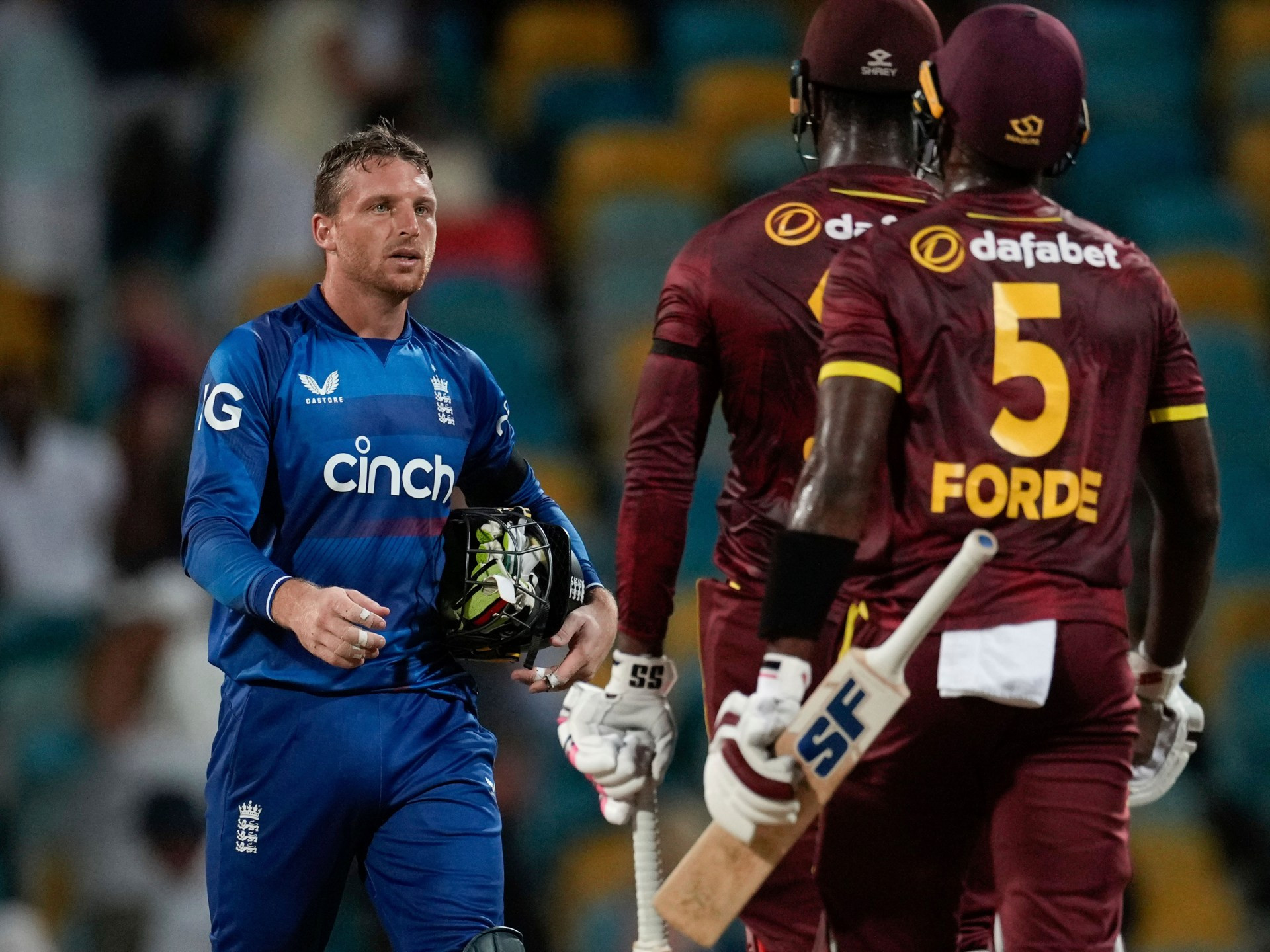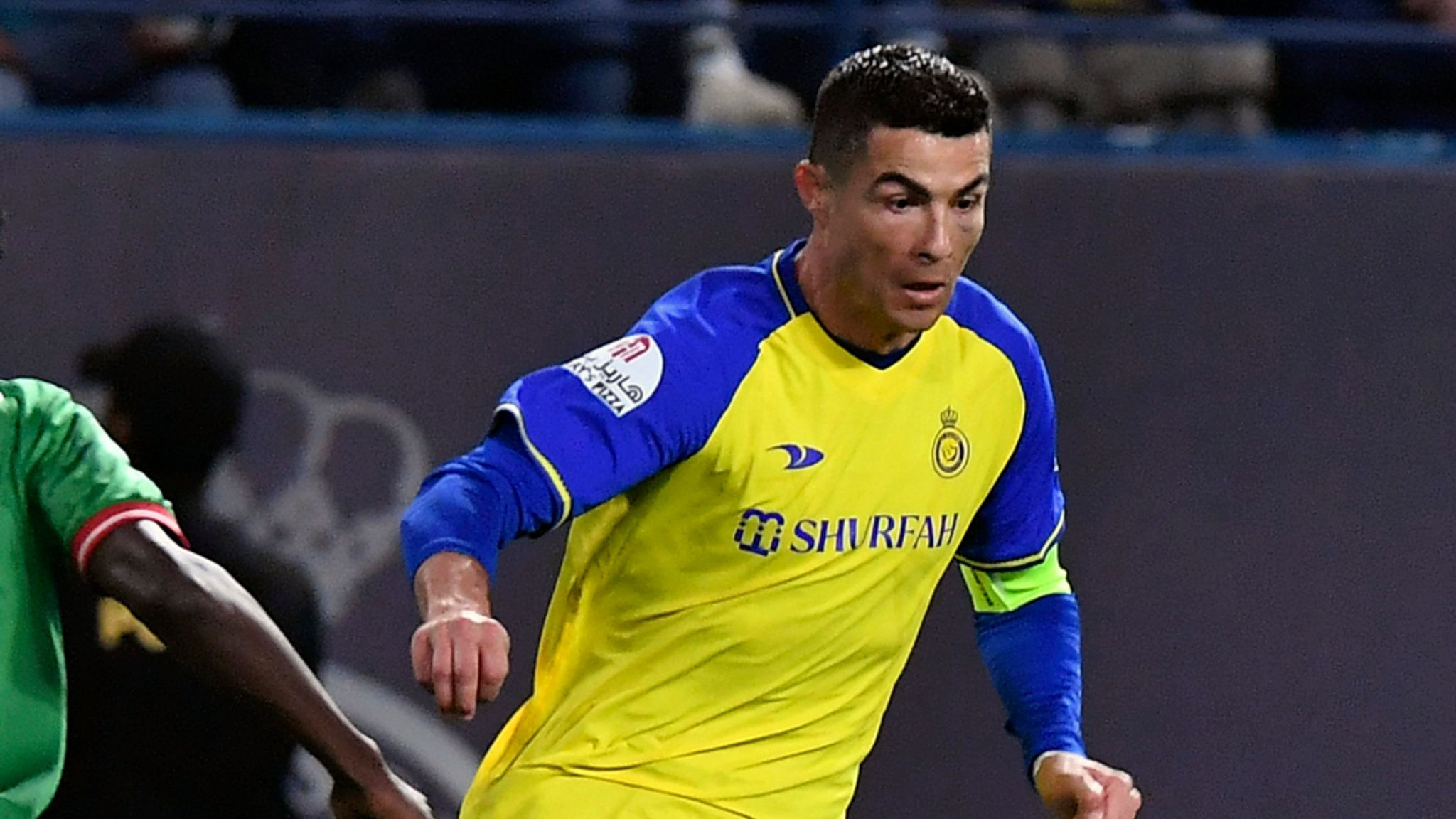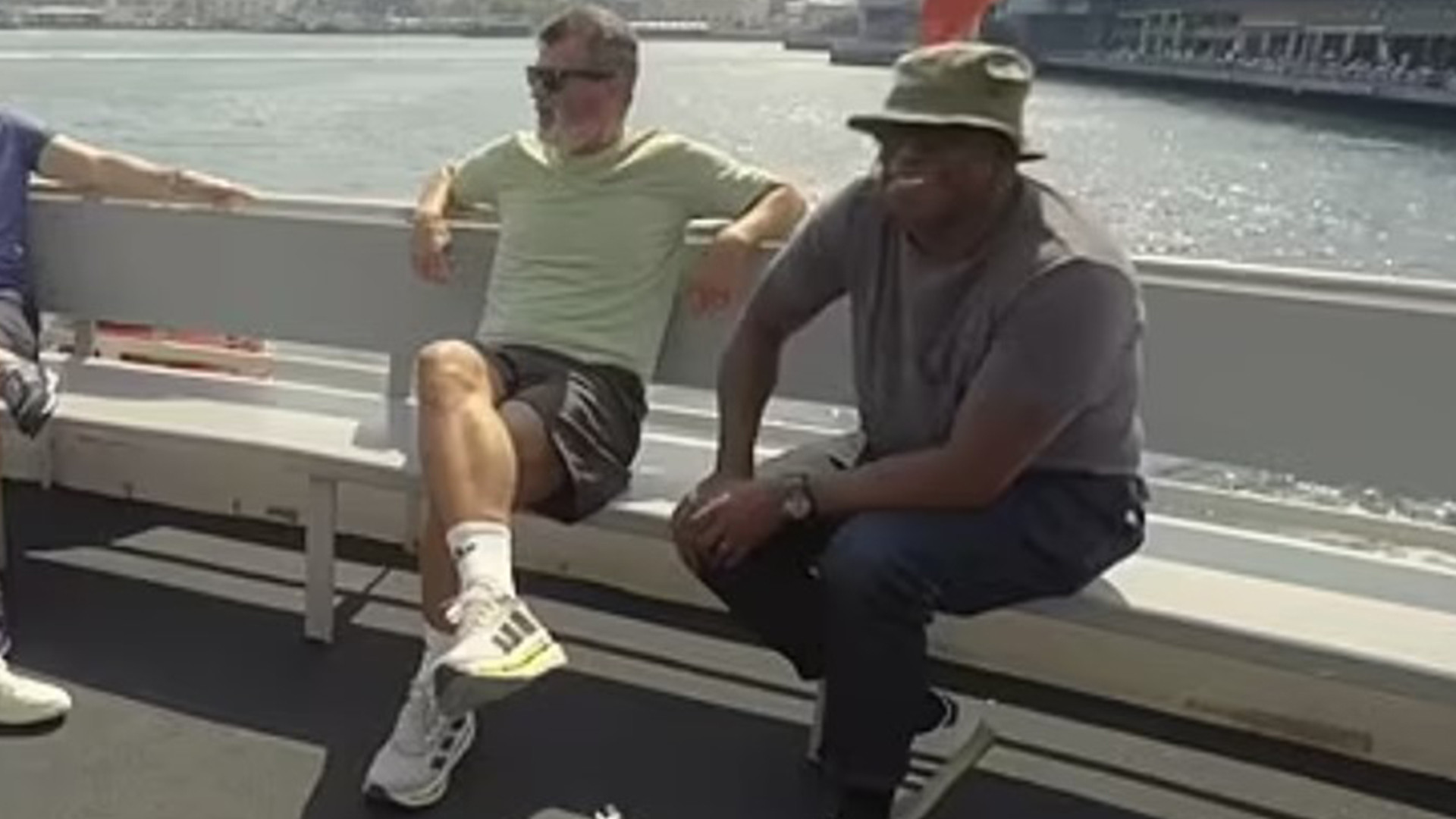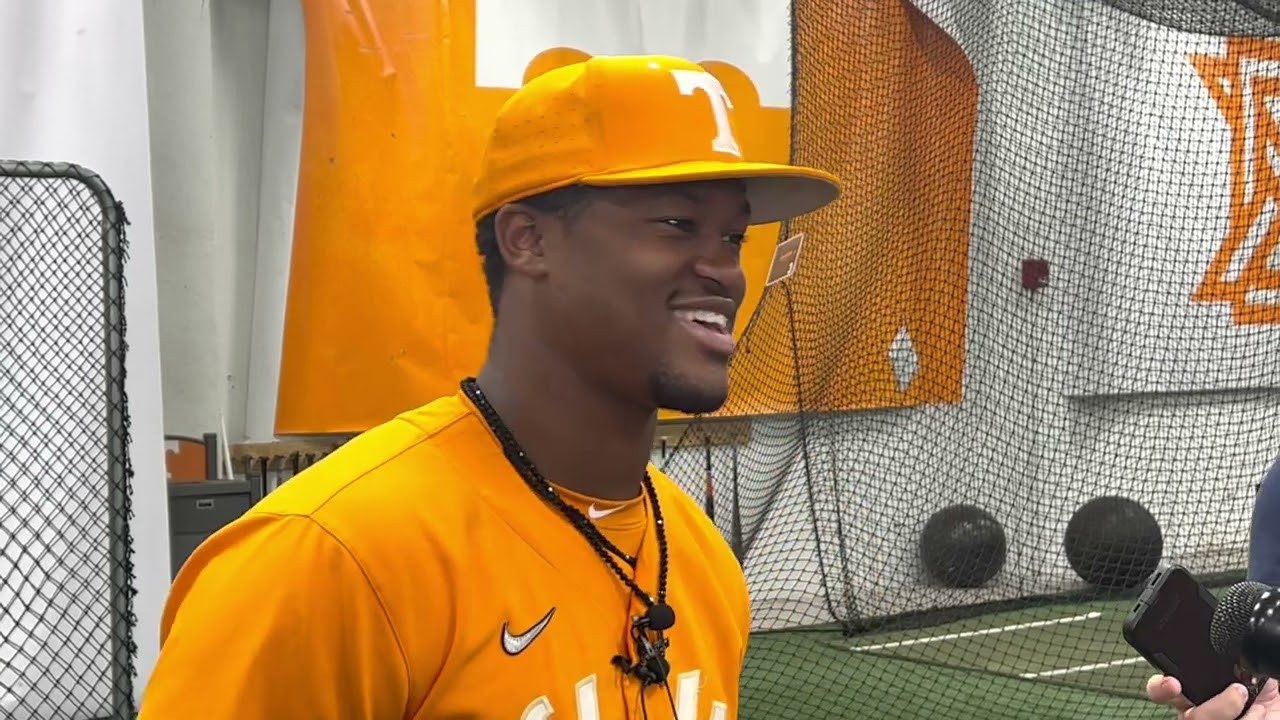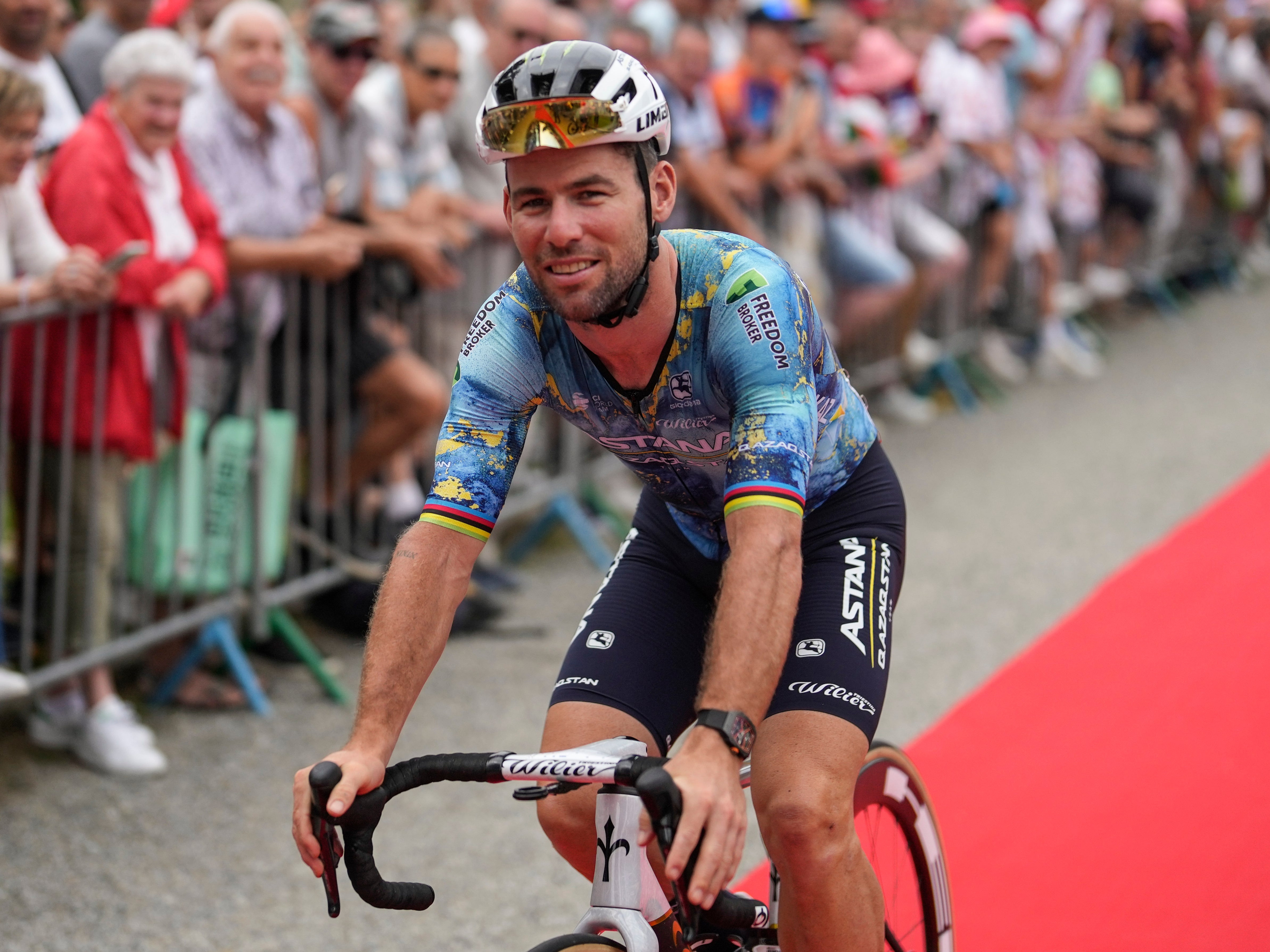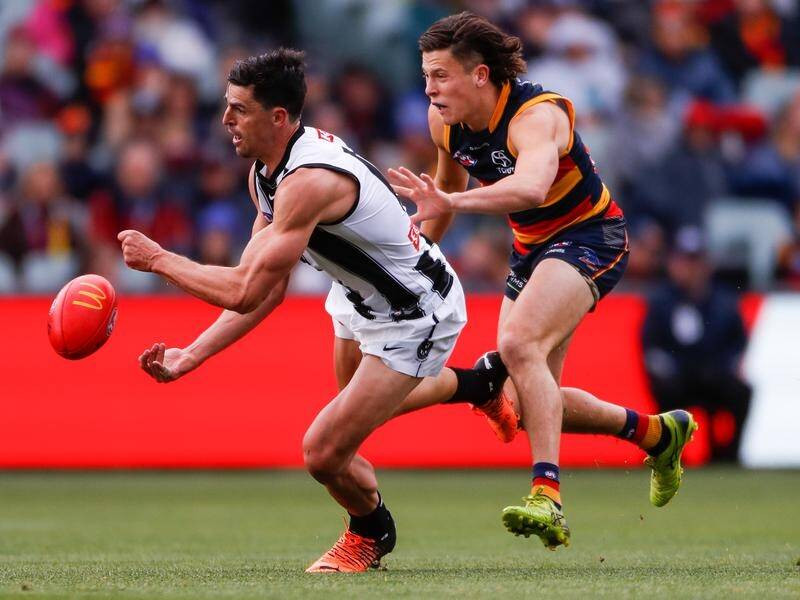Rowan Crothers, a veteran swimmer and unofficial leader of the Australian Paralympic team, wants to have an important conversation about disability, especially the invisible kind, on the eve of the Games in Paris.
“It’s so frustrating that the disability conversation a lot of the time is so focused on the things that we can’t do, instead of focusing on the things we can do,” Crothers said.
Crothers was born 15 weeks premature and has cerebral palsy, but walk past the 26-year-old on the streets of Paris and you wouldn’t have any idea. However, disability comes in many different forms. In Crothers’ case, it’s not the kind that is easily identifiable, which hasn’t always made life easy.
He wants to be recognized for his feats in the pool rather than being yet another Paralympian with a story of overcoming adversity – not that he’s not proud of that.
“I’ve come a long way. It sounds weird to say, but I’m glad I got bullied at school. I would stay at home because if I went to school – my classroom was at the very top of the stairs – I’d get pushed down the stairs by other kids. It was horrible treatment. I’m thankful that I went through it all. I’m thankful for it because it showed me how important it is to be a strong advocate for it now.”
Crothers is admired by teammates and the Australian swimming community. He wants to use his platform for the better while he’s in Paris.
“What I love so much about the Paralympics is the opportunities that it does give me to be that role model, to be that inspiration, to be able to put people with disability and people with invisible disability on a platform and spread that positive messaging out there,” Crothers said.
“I feel like the potential is there for Paris to be massive. We’re seeing in the Australian and international media landscape that people are really getting among the idea that sport is more than just sport.”
The same kids who bullied Crothers at school – in front of teachers who sometimes turned a blind eye – have reached out to him in the years since his success on the international stage, which has included two gold medals in Tokyo, where he famously fell off the lane rope celebrating one victory.
“When I was growing up, I was still seen as just that clumsy kid by the teachers,” Crothers said. “I’d get pushed downstairs and teachers would just walk past like, ‘Oh, that’s fine, whatever.’ There was that lack of awareness and understanding from all people. You also see the way that discriminatory language has changed, not just for disability, but in general. People used to call other people gay and think that was funny. Whereas it’s insulting because it’s referring to someone’s sexuality in a derogatory manner. In some ways, it’s getting better, but it still grinds my gears. I often see young people say, ‘That’s so autistic.’ It’s disgusting. Autism is a disability, but it’s not a negative thing.”
Even today, despite major improvements in recognition for athletes with disabilities, Crothers is determined to prevent youngsters being unfairly treated, particularly when their impairment does not catch the eye. It stems from his parents’ attitude of looking to the best-case scenario for their son rather than the opposite.
“Doctors would say to my parents, ‘Rowan is never going to be independent in life and would never be able to walk. He’ll need to eat off a feeding tube for the rest of his life.’ It was like that every single time,” Crothers said. “Mum and Dad just said, ‘Why is this the worst-case scenario that we’re being given? Why not fight as hard as we can to try and give Rowan the best opportunities, not to be a Paralympian, just to be independent.’
“The really unfortunate thing is there are still kids that are coming through with milder physical disabilities that are being denied opportunities to participate in sporting environments. There’s a boy who I know, who is 17 or 18 now, and he has mild cerebral palsy. He also is autistic, and he was denied entry to so many different pools and denied access to so many different swimming programs because the coaches and the facility managers and everyone took a look at him and said that it would be too difficult to accommodate for him. It breaks my heart to see that and to think about, given his disability is the same as mine. He is the nicest, loveliest kid ever.”
The Challenges of Invisible Disabilities
Crothers’ story highlights the unique challenges faced by individuals with invisible disabilities. Many people with invisible disabilities struggle with societal perceptions and lack of understanding. They may face discrimination, skepticism, or even disbelief when they try to explain their limitations.
Impact on Daily Life
Invisible disabilities can impact various aspects of daily life, including access to education, employment, and social opportunities. People with invisible disabilities may face challenges in navigating public spaces, accessing healthcare, and participating in activities that they might otherwise enjoy.
Advocating for Change
Crothers is an advocate for greater awareness and understanding of invisible disabilities. He believes that it is crucial to challenge negative stereotypes and promote positive representations of individuals with disabilities. He is using his platform to inspire others and create a more inclusive society.
Breaking Barriers
His determination to succeed in swimming and his willingness to share his story are powerful examples of how individuals with disabilities can overcome adversity and achieve their goals. He is breaking barriers and showing the world that disability does not define a person's potential.
Beyond the Pool
Crothers’ message extends far beyond the pool. He wants to create a world where people with disabilities, particularly those with invisible disabilities, are valued for their strengths and contributions. He believes that by embracing diversity and fostering inclusivity, we can build a society that celebrates the unique abilities of everyone.
He hopes that his journey will inspire others to challenge the status quo and to advocate for a more just and equitable world for all.




